ITIL SOA Intermediate Capability: Service Offerings and Agreements with Certification Exam
Elevate your IT service management skills with the ITIL SOA Intermediate Capability course tailored for professionals seeking to master Service Offerings and Agreements, unlocking advanced career opportunities in ITIL frameworks.
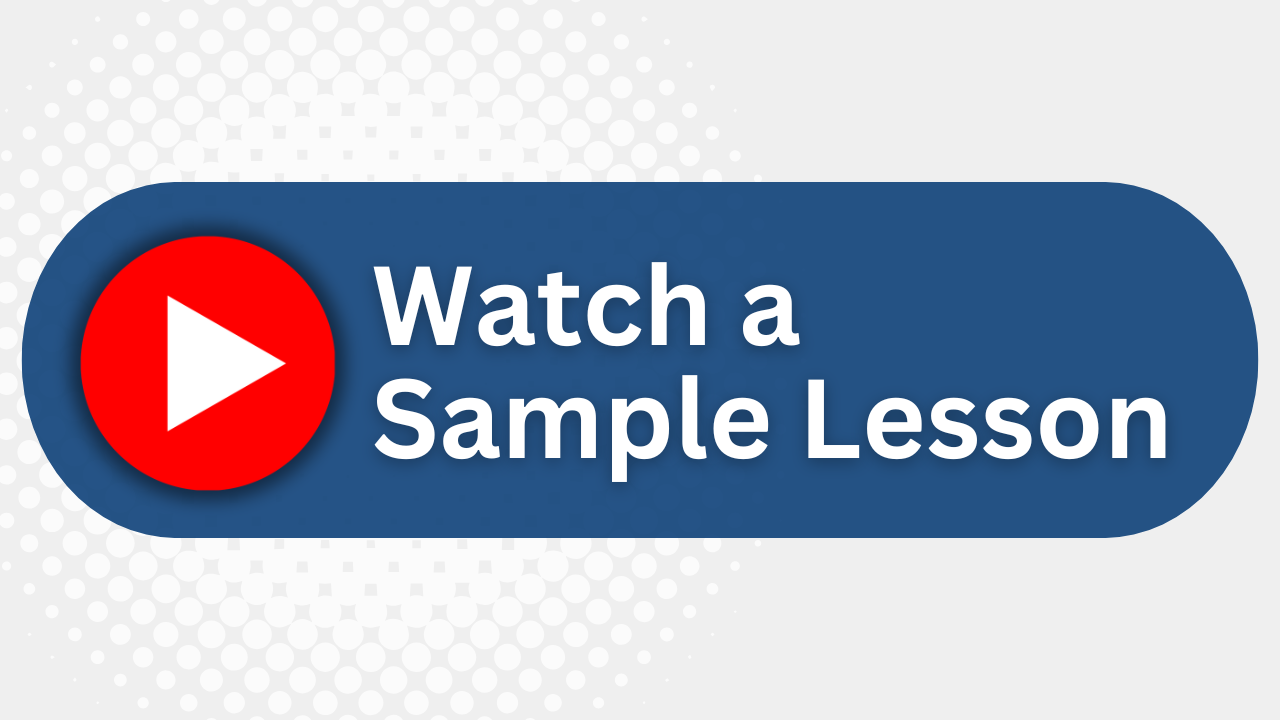
Essential Skills Gained

Understand the key ITIL processes in the service lifecycle.

Apply SOA practices effectively within the IT service environment.

Analyze service management techniques and their benefits.

Implement advanced service offerings and agreements strategies.
Format
- Instructor-led
- 5 days with lectures and hands-on labs.
Audience
- IT Professionals
- Business managers
- Business process owners
- ITIL certification aspirants
Description
The ITIL® Intermediate Qualification: Service Offerings and Agreements (SOA) Certificate is a freestanding qualification, but is also part of the ITIL® Intermediate Capability stream, and one of the modules that leads to the ITIL Expert Certificate in IT Service Management. The purpose of this training module and the associated exam and certificate is, respectively, to impart, test, and validate the knowledge on industry practices in service management as documented in the ITIL® Service Lifecycle core publications. The ITIL® Certificate in Service Offerings and Agreements is intended to enable the holders of the certificate to apply SOA practices service management lifecycle and specifically in the following key ITIL® process, role and function areas:
- Service portfolio management
- Service catalogue management
- Service level management
- Demand management
- Supplier management
- Financial management for IT services
- Business relationship management
Upcoming Course Dates
No upcoming dates. Please check back later.
Course Outline
Download PDFLearning Unit SOA01: Introduction to service offerings and agreements (SOA)
The value to the business of SOA activities
The lifecycle within the SOA context
How services deliver value to customers and the business and the relevance to the SOA processes
How requirements are identified through the SOA processes
Understanding return on investment (ROI) and the business case
Learning Unit SOA02: Service portfolio management
Service portfolio management, including concepts, methods, activities, roles and operation as well as its organizational structure and the interfaces with other processes.
Service portfolio management in relationship to the service catalogue and service pipeline and how these support SOA.
Metrics and critical success factors (CSFs) associated with service portfolio management in support of SOA.
Learning Unit SOA03: Service catalogue management
Service catalogue management, including its concepts, activities, roles and operation as well as its organizational structure and the interfaces with other processes.
Service catalogue in relationship to the service portfolio, the business catalogue, the technical service catalogue and how these components are used to ensure service quality within SOA
Metrics and CSFs associated with service catalogue management in support of SOA
Learning Unit SOA04: Service level management
Service level management (SLM), including its concepts, activities, roles and operation as well as its organizational structure and any interfaces with other processes.
SLM components and activities, including service level agreements (SLAs) structures, service level requirements (SLRs), operational level agreements (OLAs), CSFs, underpinning contracts (UCs), their metrics, performance and monitoring.
How these components are used to ensure service quality within SOA
Learning Unit SOA05: Demand management
Demand management process, including its concepts, activities, roles and operation as well as its organizational structure and any interfaces with other processes.
Demand for services especially in relation to patterns of business activity and how it is used within SOA.
Service portfolio interaction with demand management and how demand can be managed for service in relation to providing business benefits and in support of SOA.
Metrics and CSFs associated with demand management in support of SOA
Learning Unit SOA06: Supplier management
Supplier management process inclusive of its concepts, activities, roles and operation including its organizational structure as well as any interfaces with other processes.
Supplier management components and activities (for example supplier categorization, supplier evaluation, supplier and contract database, metrics and CSFs) and how these are used to ensure service quality within SOA.
Learning Unit SOA07: Financial Management for IT services
Financial management for IT services, including its concepts, activities, roles and operation as well as its organizational structure and any interfaces with other processes
Financial management for IT services components and activities, including budgeting, accounting and charging and how these are used to ensure service quality within SOA
Metrics and CSFs associated with financial management for IT services in support of SOA
Learning Unit SOA08: Business relationship management
Business relationship management, including its concepts, activities, roles and operation as well as its organizational structure and any interfaces with other processes
Metrics and CSFs associated with business relationship management in support of SOA
Learning Unit SOA09: SOA roles and responsibilities
The roles and responsibilities related to all of the SOA processes
Learning Unit SOA10: Technology and implementation considerations
Service management tools and where/how they would be used within SOA for process implementation.
The tools that support SOA.
What best practices should be used in order to alleviate challenges and risks when implementing Service Management technologies and designing technology architectures
Your Team has Unique Training Needs.
Your team deserves training as unique as they are.
Let us tailor the course to your needs at no extra cost.
See What Other Engineers Are Saying
Trusted by Engineers at:
and more...
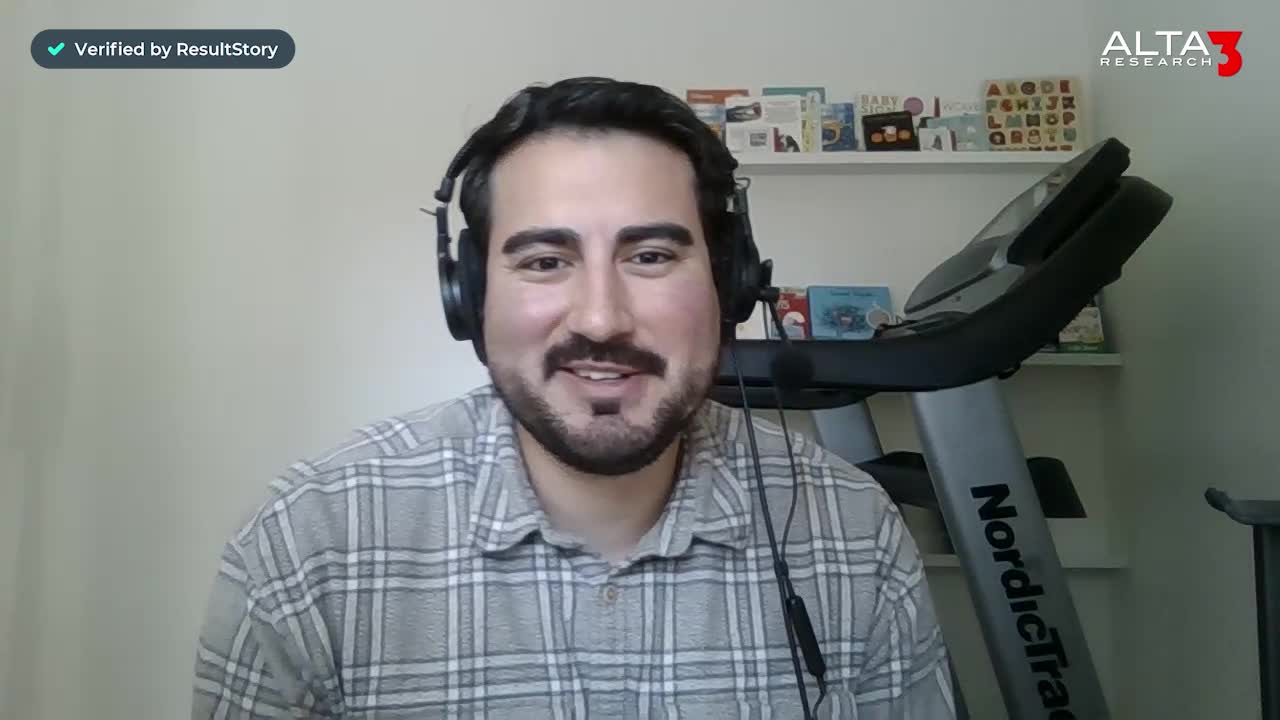
Aaron Steele

Casey Pense
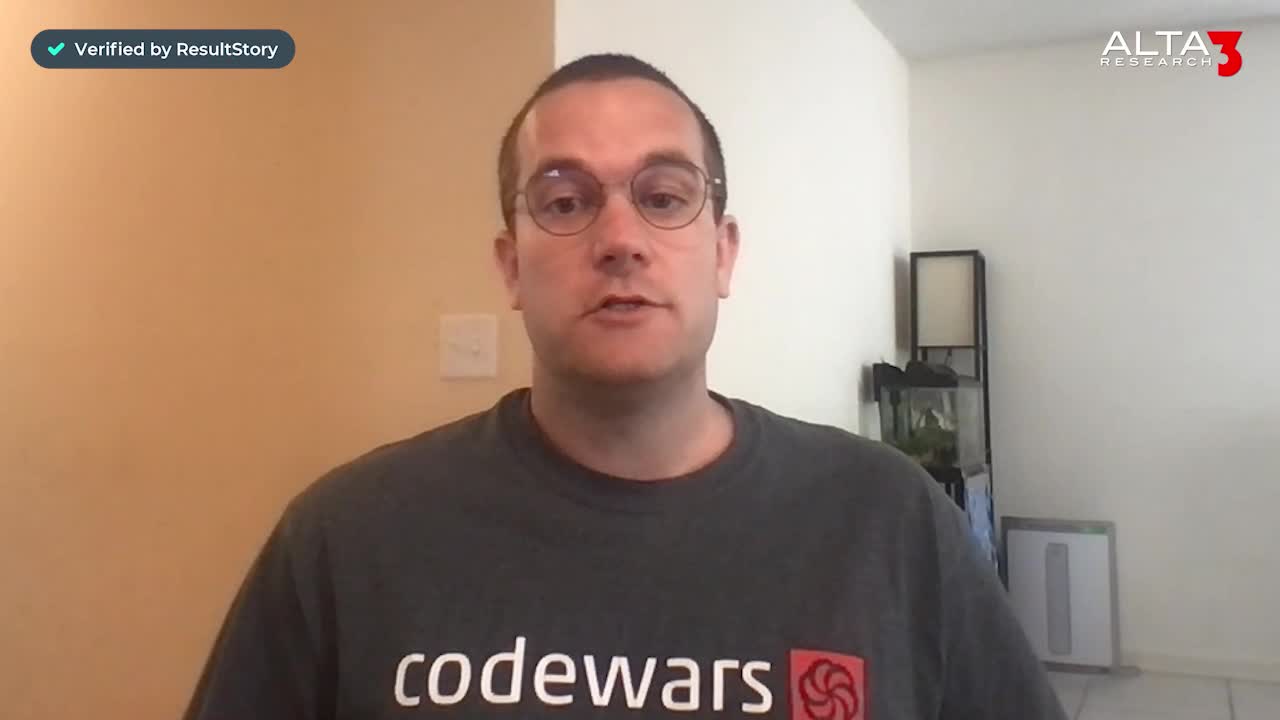
Chris Tsantiris
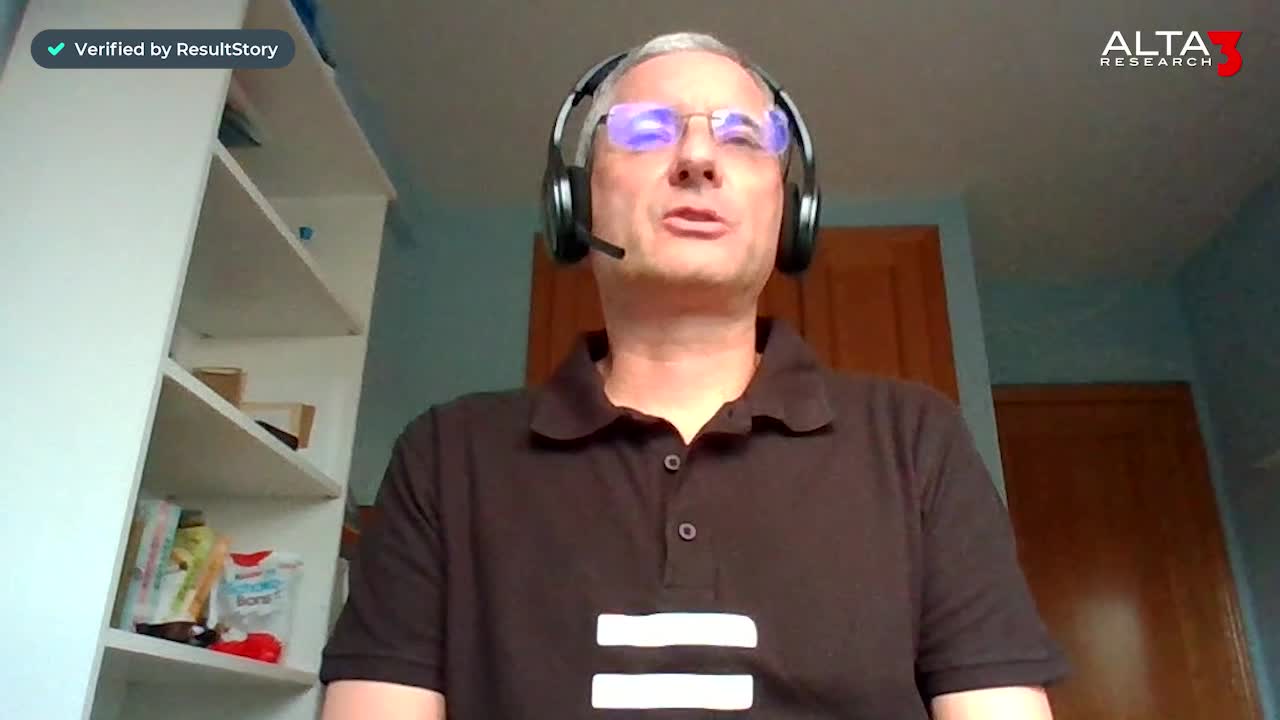
Javier Martin
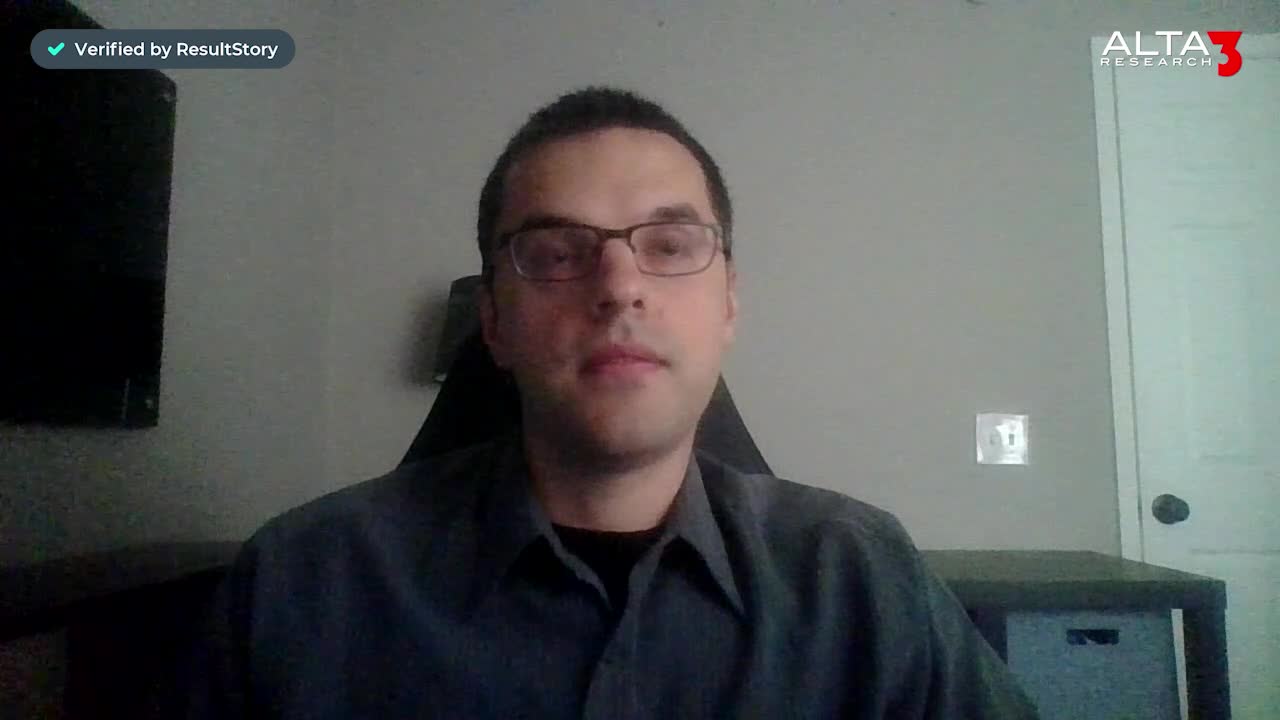
Justin Gilley
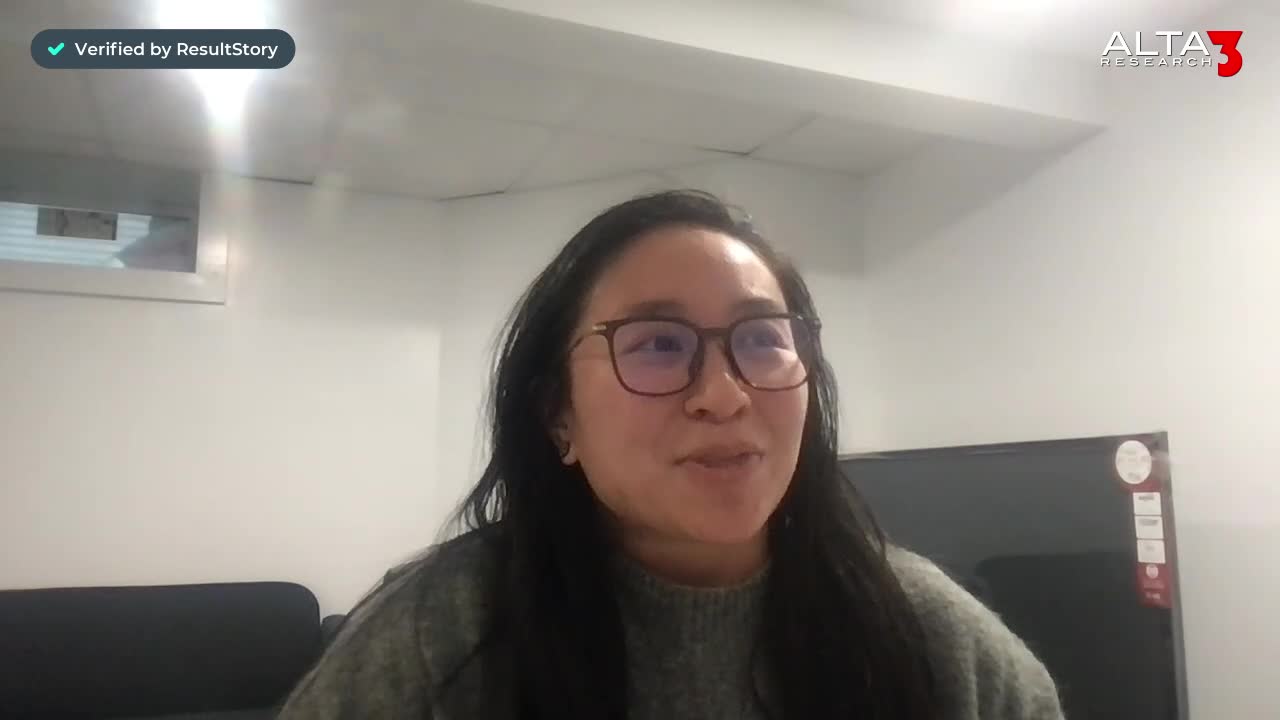
Kathy Le
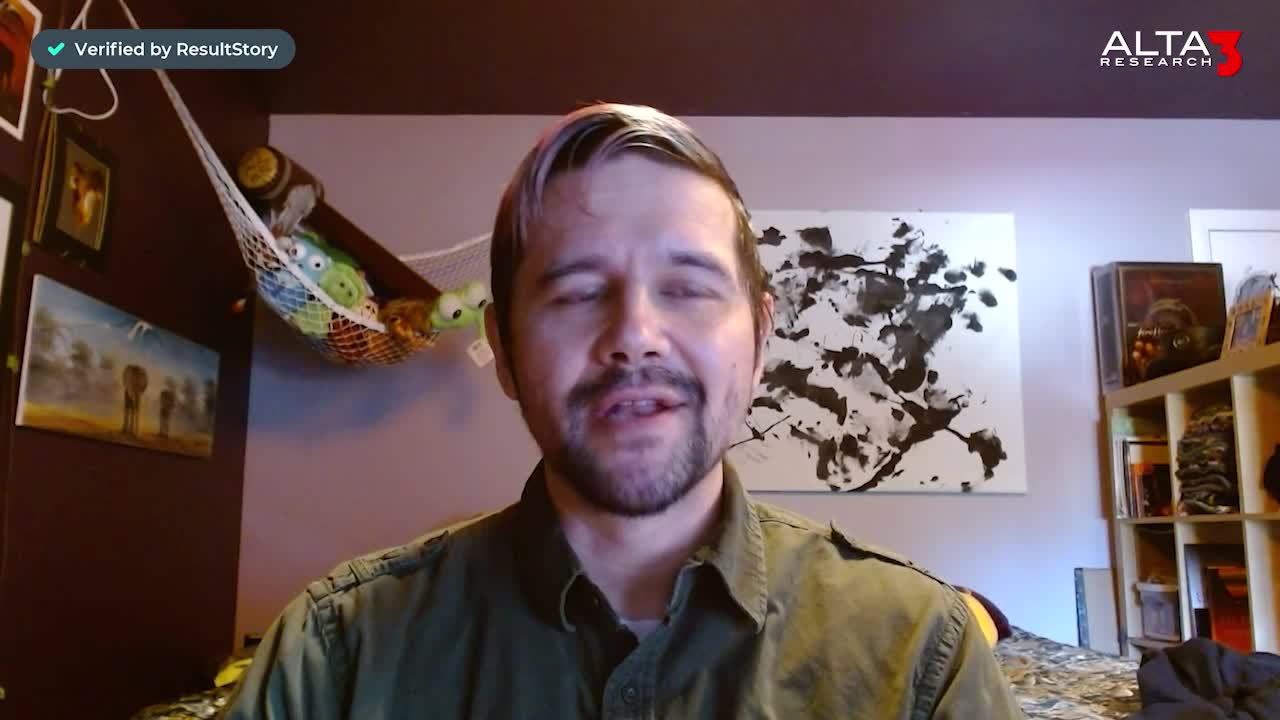
Kelson Smith
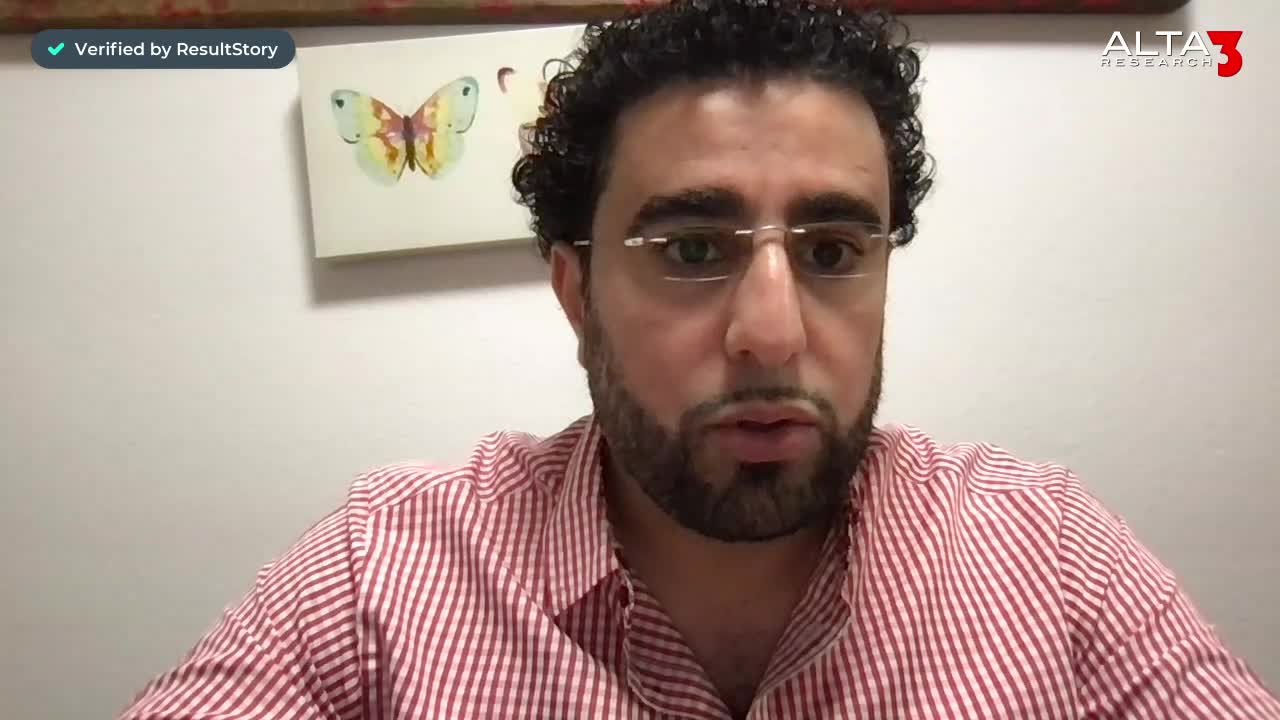
Oussama Azzam

Pascal Rodmacq

Randall Granier

Aaron Steele

Casey Pense

Chris Tsantiris

Javier Martin

Justin Gilley

Kathy Le

Kelson Smith

Oussama Azzam

Pascal Rodmacq

Randall Granier